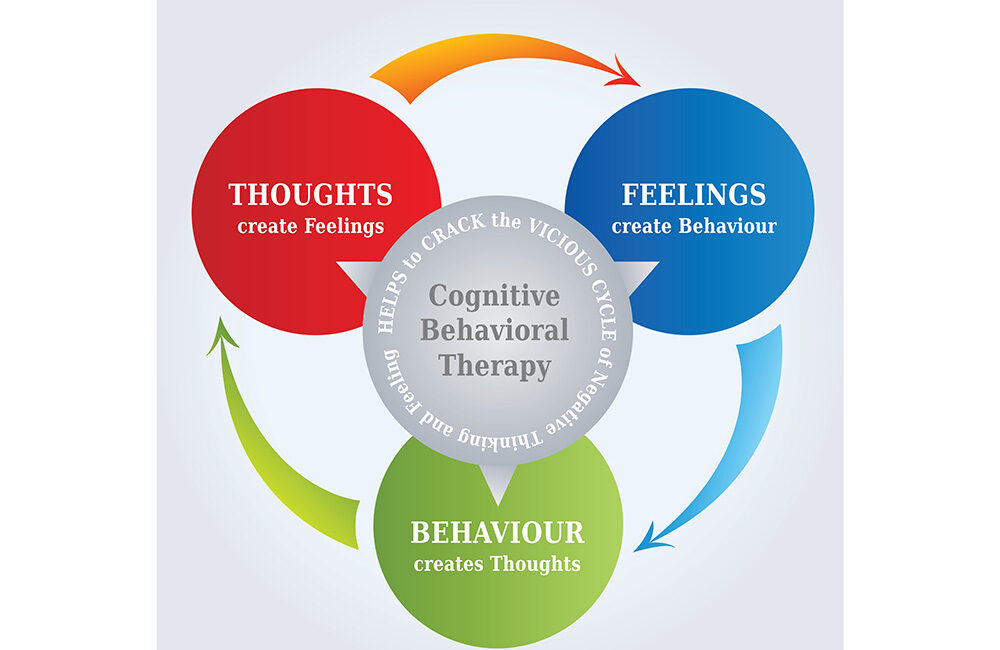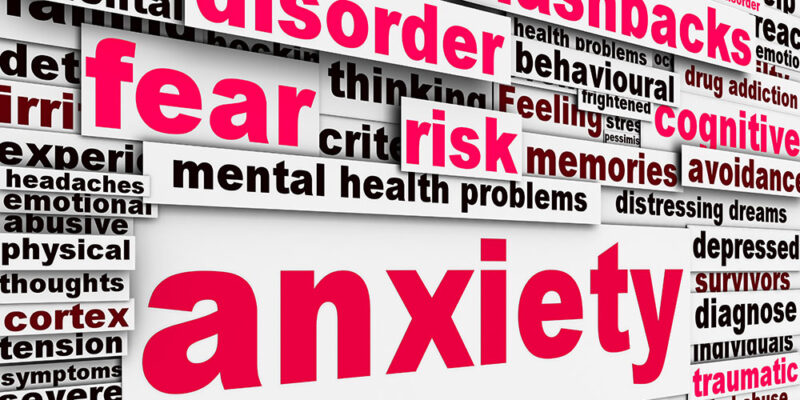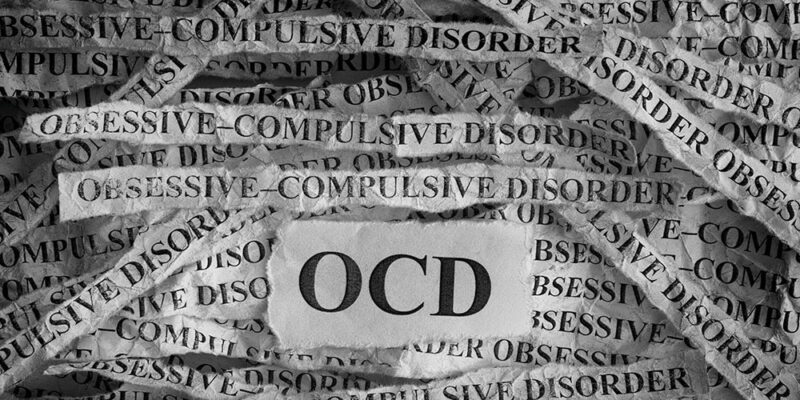Cognitive Behavioral Treatment (CBT) is a short-term, goal-focused evidence based therapy.
Cognitive Behavioral Therapy is a very effective therapy for depression, anxiety, phobias, and post-traumatic stress disorder.
The premise of CBT is that the way we perceive things affects the way we behave. Distorted, illogical and destructive thought patterns affect emotions and behavior and can lead to depression and anxiety. These reactions may immobilize the individual and may render them dysfunctional and unable to care for themselves and their families. CBT focuses on examining and correcting unhelpful cognitions, (also called cognitive restructuring). The process involves learning different techniques and replacing destructive thoughts and behaviors with healthier, logical and optimistic reactions. The response cycle will change from irrational to rational, from destructive to constructive and productive.
The therapist and the patient cooperate in the construction of the therapeutic program. The treatment includes “therapeutic homework” in which the patient is asked to implement new behaviors and ways of thinking that are learned in meetings.
Cognitive Tools: These are tools designed to teach the patient to identify, analyze and change distorted ways of thinking.
Behavioral Tools: These are tools designed to break patterns of behavior that maintain anxiety, phobias, depression, and more.
The combination of cognitive tools and behavioral tools allows the patient to undergo the desired change within a relatively short period of time.
Booster sessions may be helpful from time to time.
Recent Comments
No comments to show.
 ניצה
ניצה




